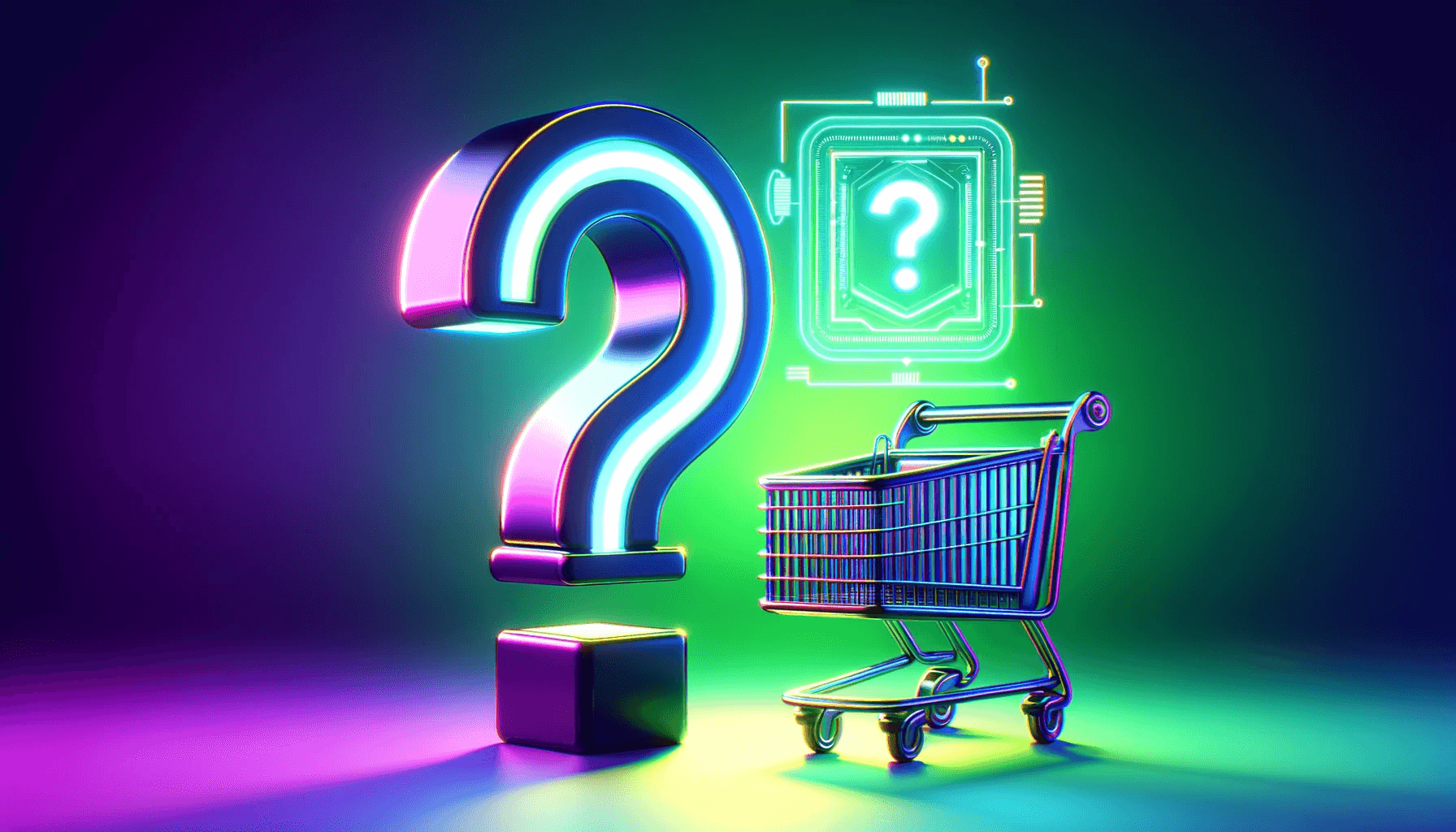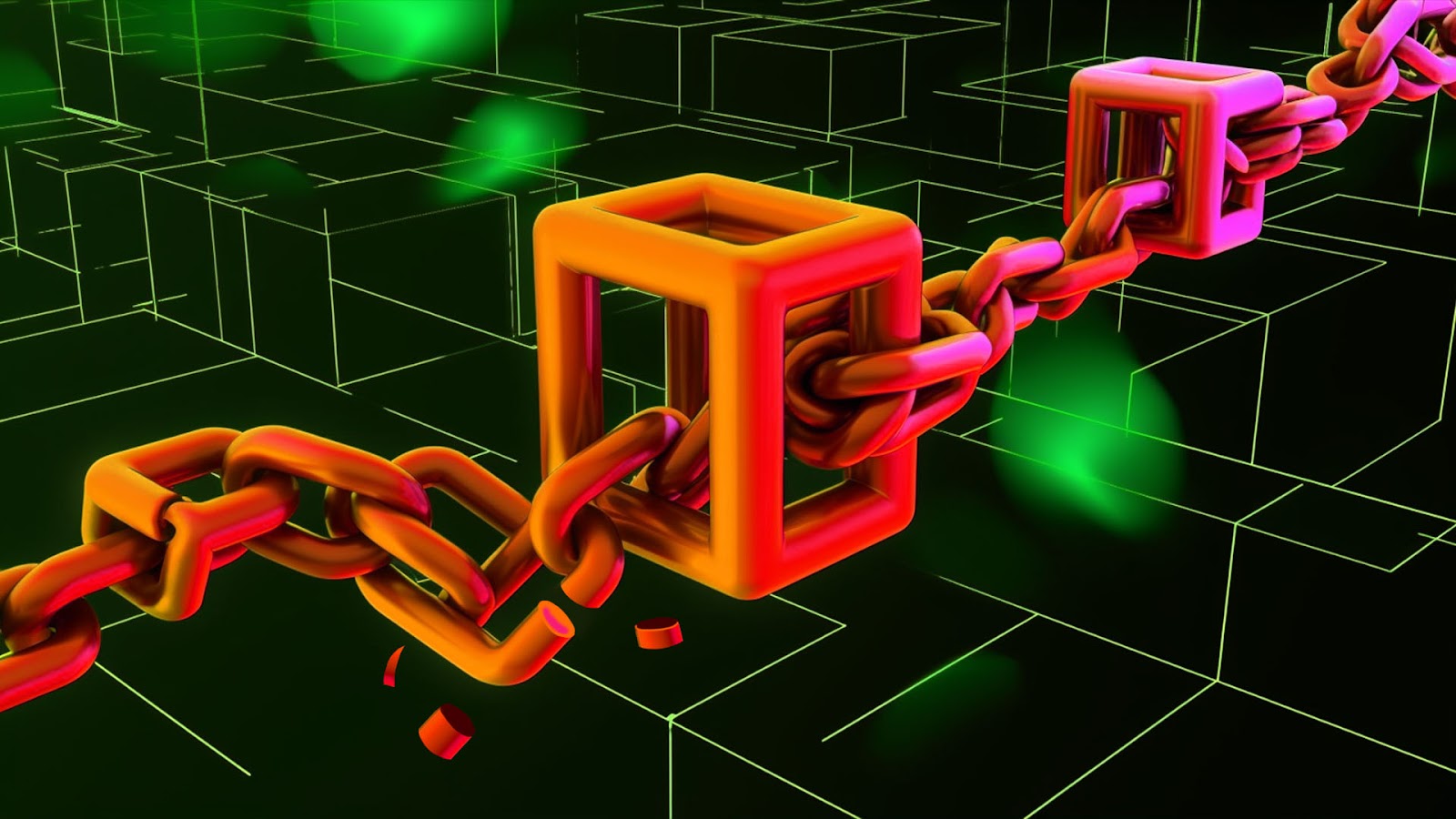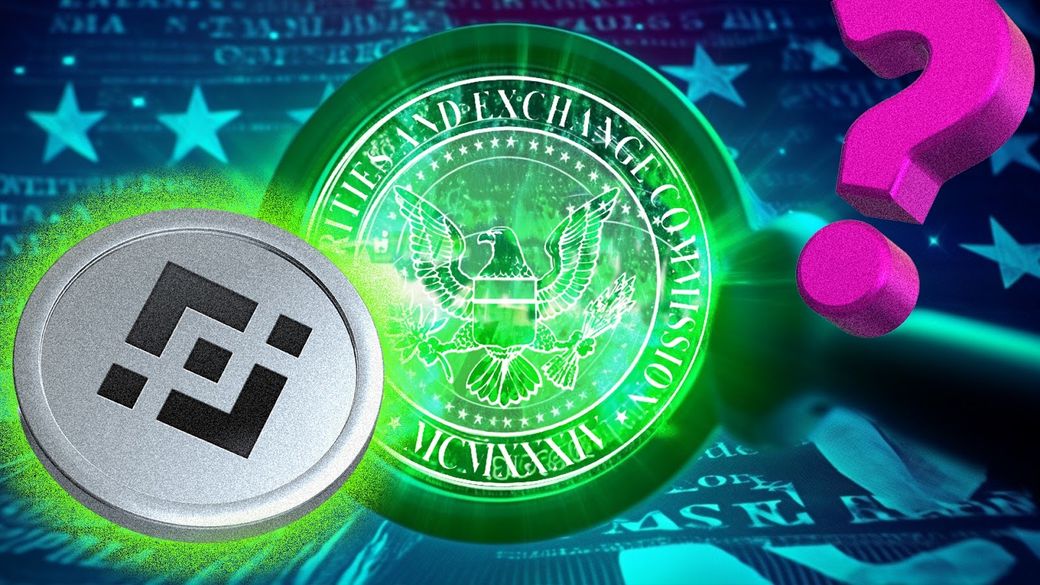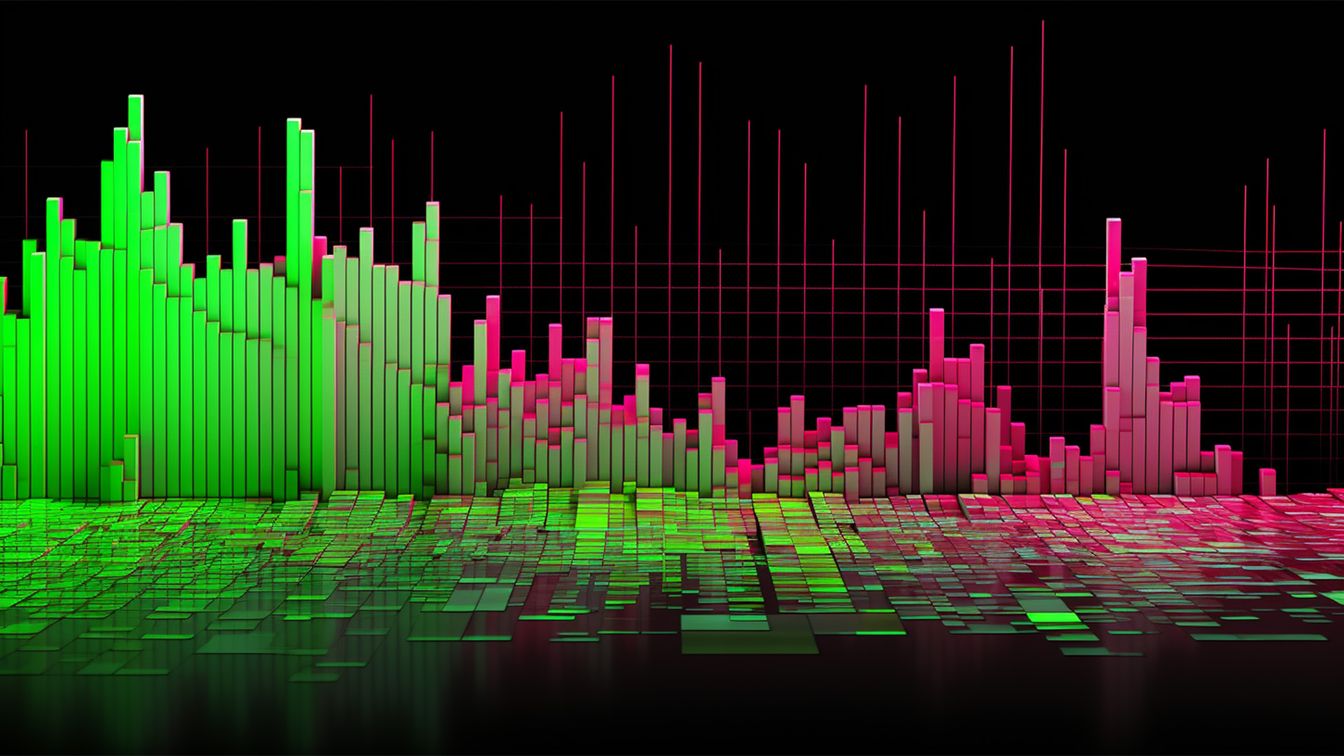
Blockchain Voting: Securing Democracy!
Modern democracies require voting systems that are secure, transparent, and efficient.
As blockchain technology advances and gains broader acceptance, it presents a promising solution to revitalize the traditionally opaque voting process.
By marrying blockchain with voting systems, we step into an era of heightened trust, improved security, transparency, and cost-effectiveness.
This blog delves into how blockchain could redefine the electoral process, paving the way for a more robust democracy.
What is Blockchain and its Relevance to Voting?
To truly appreciate the merits of using blockchain for voting, it's crucial to grasp what blockchain technology is.
Essentially, it's a decentralized digital ledger, recording transactions across numerous nodes, making retroactive alterations impossible.
In the context of voting, blockchain adds an encrypted, transparent layer, bolstering vote security and thwarting fraud, with the potential to transform vote counting.
Simply put, blockchain, a peer-to-peer network of computers, records transactions in a way that's decentralized, making hacking or tampering nearly impossible.
Imagine a voting system using this technology – it would make vote counting secure and transparent, improve access to voting, and oh, maybe just take a little edge off that pesky election rigging issue.
Reinventing Voting with Blockchain
Blockchain can substantially enhance voting security and trust.
Once a vote is cast on the blockchain, it's stored as a tamper-proof block that cannot be altered, ensuring the vote's integrity.
Additionally, blockchain voting is a benefit for election observers, providing a transparent system where they could independently verify votes without compromising voter privacy.
Apart from security, blockchain's decentralized nature makes the voting process accessible to more people.
Voters can participate remotely, and the ledger's transparency creates unquestionable voting results, reducing the costs involved with traditional voting set-ups.
However, to realize these benefits, governmental and non-governmental organizations must have a regulatory framework in place to govern the deployment of blockchain voting systems and their interoperability with present systems.
Pros and Cons of Blockchain in Elections
Potential Benefits:
Enhanced Security: Blockchain guarantees the integrity of votes cast, protecting against vote manipulation and fraud.
Improved Transparency: All transactions (votes) are visible to authorized participants, ensuring transparency and public trust.
Reduced Costs: Remote voting accessibility and a reduced setup for elections can significantly decrease associated costs.
Despite these advantages, blockchain voting isn't without its challenges:
Specialized Expertise: Implementing and maintaining blockchain voting systems requires various personnel with specializations in blockchain technology.
Technological Glitches: Like any technology, blockchain isn't immune to glitches or errors, which could potentially disrupt the voting process.
Case Study: West Virginia and United Nations Embrace of Blockchain Voting
Blockchain technology has been proposed as a solution to improve the security and transparency of voting systems.
Here are some examples of blockchain-based voting systems that have been implemented:
West Virginia Secretary of State's office
West Virginia became the first state to test mobile voting by blockchain in a federal election.
The state performed a pilot test for military service members who couldn't vote in person.
The pilot used Voatz, a Boston startup that raised $2.2 million in venture capital funding.
The pilot was successful, with 144 West Virginia absentee voters living in 30 different countries casting ballots using an application on approved mobile devices that records the ballots anonymously using blockchain.
United Nations Development Programme
The United Nations Development Programme (UNDP) has partnered with the government of Sierra Leone to pilot a blockchain-based voting system.
The system was used in a parliamentary election in Sierra Leone, with the aim of increasing transparency and reducing the risk of fraud.
The pilot was successful, with the blockchain-based system providing a secure and transparent way to record and count votes.
These examples demonstrate the potential of blockchain technology to revolutionize the way we vote, offering a highly secure, transparent, and scalable solution for online voting.
However, it is important to carefully plan and implement blockchain-based voting systems to ensure their security and reliability.
The Future of Blockchain in Voting
Given the aforementioned benefits and challenges, the future of blockchain in voting will likely revolve around the mass adoption and seamless integration of this technology into traditional electoral processes.
Potential hurdles to overcome include creating a universally accepted regulatory framework and ensuring interoperability between blockchain and existing voting systems.
Another thing to consider is the extent to which governmental bodies are willing to implement this technology, considering their lack of influence over the outcome of elections.
Wrapping up
The blend of blockchain and voting systems is like cracking open a door to a more open, secure, and clear-cut way of voting.
As we dip our toes into this space, the efforts of the West Virginia Secretary of State's office and the United Nations Development Programme show us what's possible.
Sure, there are tech and rule hurdles to jump over, but the moves being made are bold steps towards reshaping democracy.
The blockchain voting wave isn't some far-off dream; it's happening right now, setting up a stage where every vote is not only counted, but counted correctly.
Want More Cutting-Edge Crypto News?
Follow Us: X TikTok Instagram Telegram LinkedIn
Sign up to our newsletter at the bottom of the page
Check Out Our Top 10 Crypto Currencies of 2023
This article is intended for educational purposes and is not financial advice.


















